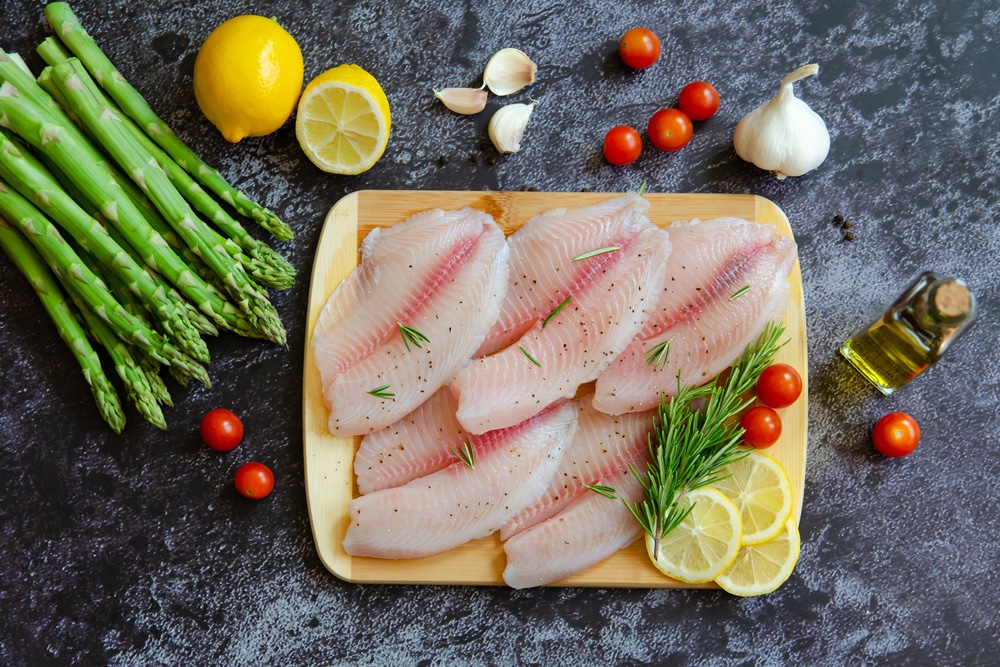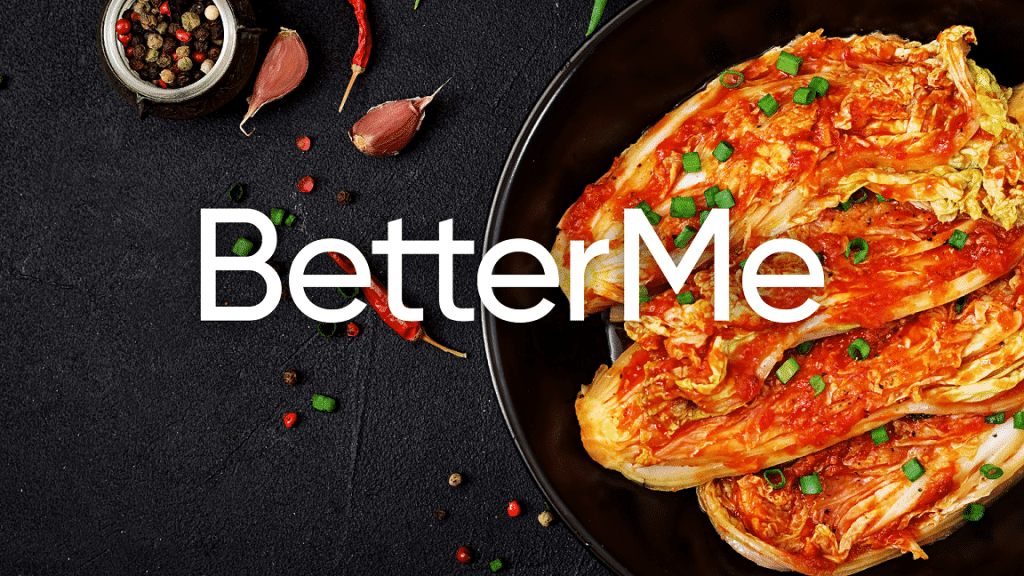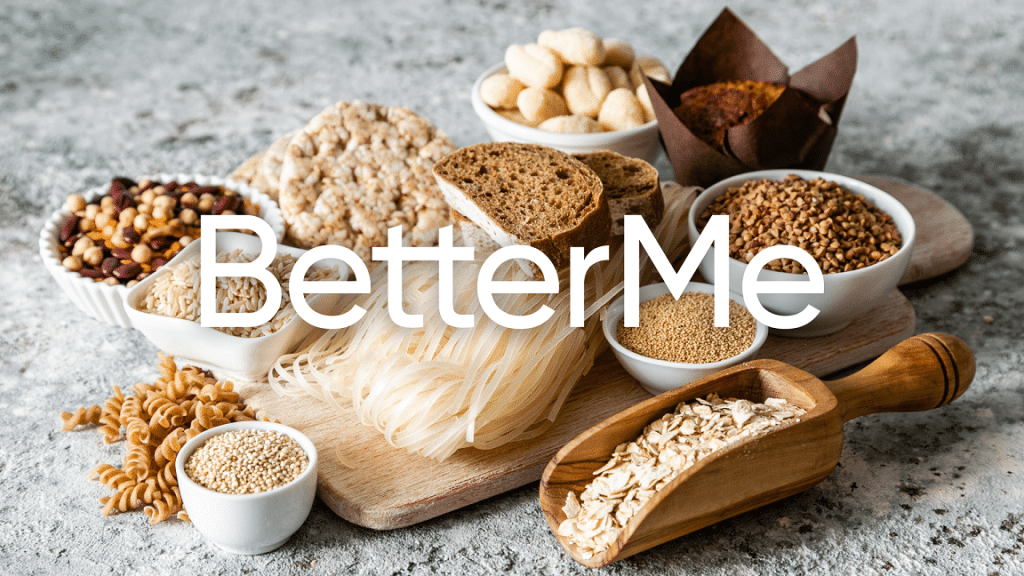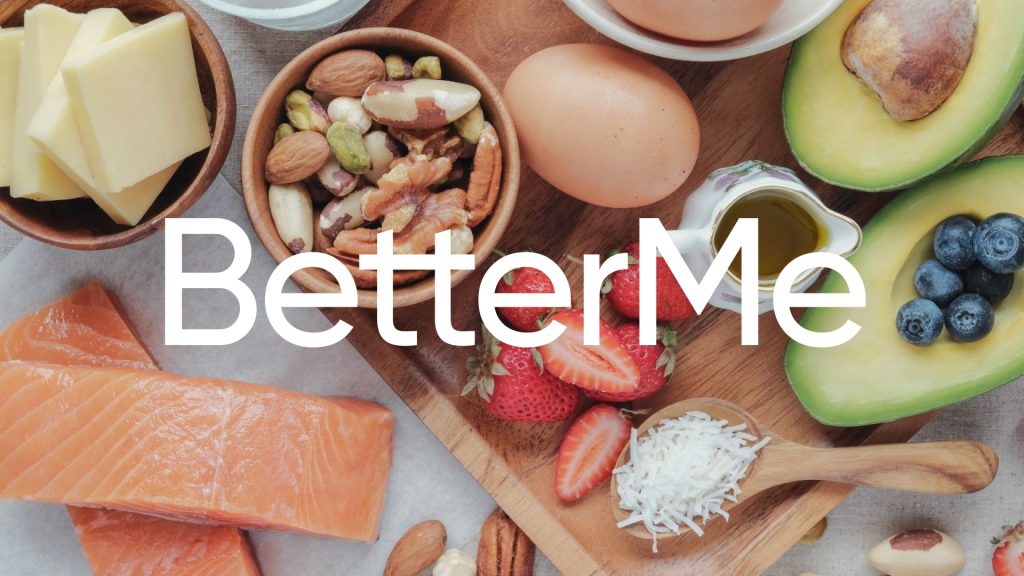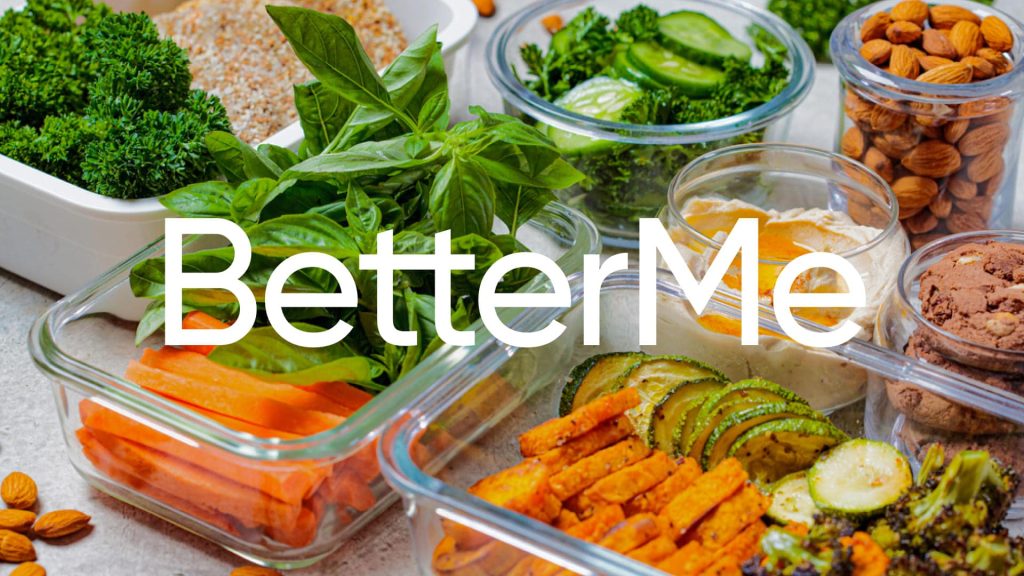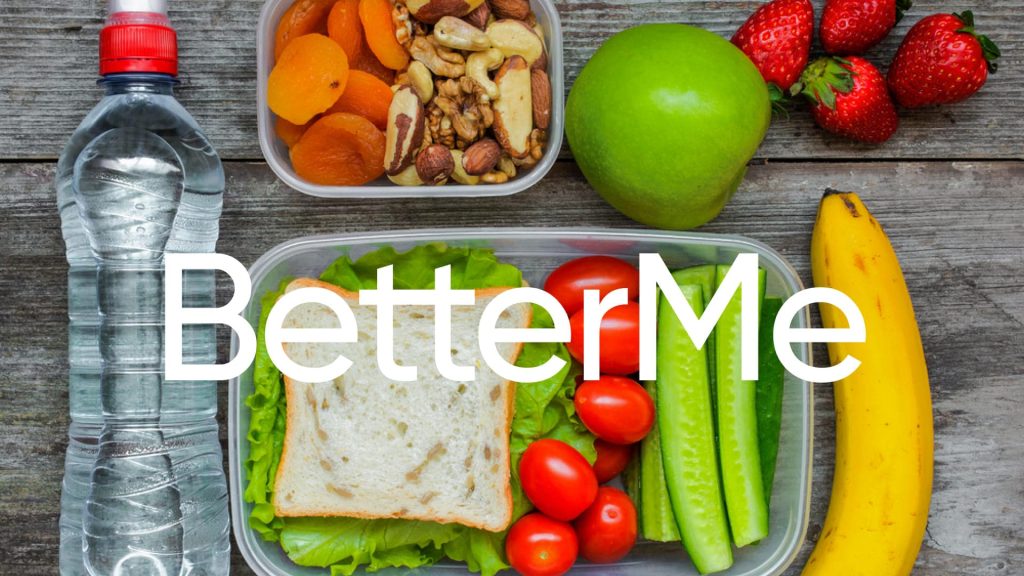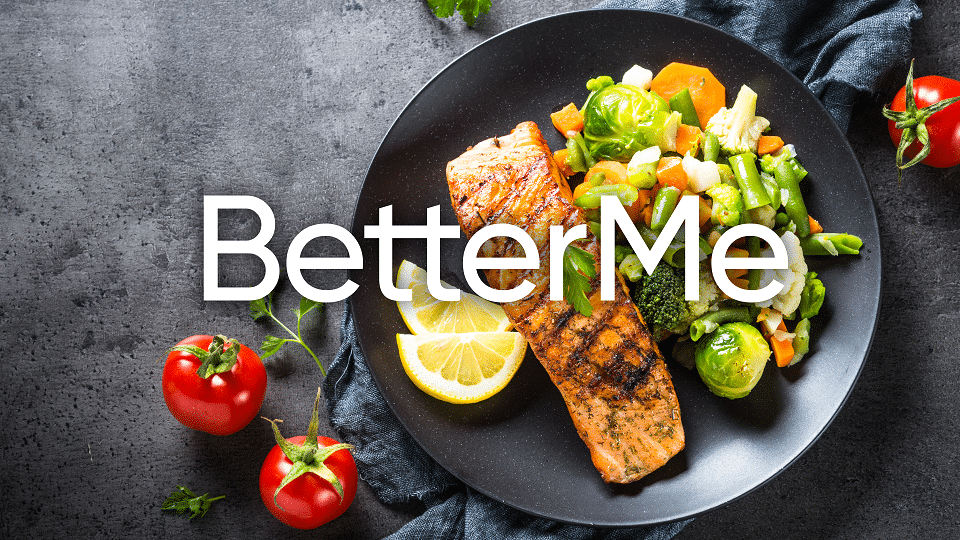In today’s world, people are always looking for a quick fix – a magic pill. Yet the most effective way to lose weight and stay healthy is not necessarily quick or easy.
In this article, we’ll explain how tilapia and asparagus diets don’t work, and what you should do instead to reach your goals. We’ll also provide some general guidelines on how to start eating healthier so that you can take control of your health long-term. Let’s get started!
What Is The Tilapia And Asparagus Diet?
The tilapia and asparagus diet is a short-term diet that needs to be followed for no more than 7 or 8 days. It promises you quick results, but of course, the catch is that the results are temporary at best.
On this diet, you’re supposed to eat tilapia fish three times per day with some asparagus thrown in there now and then. Now before we go any further, we want to be clear that this is not a well-balanced or healthy diet. It’s based on the idea that if you eat tilapia and asparagus every day, you can lose weight quickly; that’s simply untrue.
What Are Tilapia And Asparagus Diet Side Effects?
- Nutrient Deficiency. Given that the diet’s meal plan is based on only three foods, you might end up with nutritional deficiencies over time if this form of eating isn’t balanced out by other sources of food.
- Not Enough Calories. Even though tilapia fish is an excellent source of lean protein and asparagus contains a good number of vitamins and minerals, you’ll need to take in more calories than what this type of diet allows to meet your daily needs to function properly throughout the day.
- Monotony. Even though you get a little variation from the salad and dressing, this kind of diet might become repetitive and boring in the long run.
Read More: Low Estrogen Diet: Balance Your Hormones Through Your Meal Plan
Can You Use The Tilapia Fish And Asparagus Diet To Lose Weight?
No. How do we know for sure? Well, to shed pounds and reduce your overall caloric intake effectively, you need to eat foods that will satiate your appetite while providing you with just enough energy to perform everyday tasks without feeling bogged down or tired (2). If you’re trying to lose weight using this type of diet, it won’t work because not only is it lacking in necessary nutrients such as carbohydrates and healthy fats but also extremely low in calories. What’s more, is because there are no carbs or fats, you’ll end up feeling exhausted and sluggish after a while. And it’s only going to make you want to go back and binge on foods that can make you feel good (in all the wrong ways).
Any weight lost on this diet will be temporary at best, and it’s not worth the risk. If you want to get started living healthier, we’d suggest that you cut back on highly processed foods and get more complex carbs such as whole grains and vegetables into your diet while increasing the number of lean proteins like tilapia fish that you eat each day.
Healthy Version Of The Tilapia Fish And Asparagus Diet
Tilapia and asparagus are healthy foods that can be great additions to a balanced diet. To use these to lose weight, you’ll have to eat them alongside other meals and maintain a reasonable calorie deficit. Let’s look at the health benefits of tilapia and asparagus and how you can use them in your weight loss diet.
Health Benefits Of Tilapia
Tilapia is a minnow-like fish native to Asia, but it’s farmed in various regions around the world. Being so widespread, it has become a staple food for many cultures because of its great taste and high nutritional value.
-
Low-Fat Content
Tilapia is one of the leanest types of fish out there since each 4 ounce serving contains just 1 gram of fat and 21 grams of protein (5).
-
Heart-Healthy Omega 3s
Eating fish such as tilapia can help lower triglyceride levels while raising HDL cholesterol (the good kind). Improved heart health, reducing the risk of stroke and other cardiovascular problems that can lead to early death or disability (7).
If you wish to cinch your waist, tone up your bat wings, blast away the muffin top – our fitness app was created to cater to all your needs! BetterMe won’t give excess weight a chance!
-
Cancer Prevention
This type of fish is packed with the essential mineral called selenium. This antioxidant helps inhibit the growth of cancerous cells, combats depression, powerful immune system booster, and is a helper in keeping your weight in check (7).
-
Rich Vitamin D
Tilapia is a good source of vitamin D, which supports bone health and reduces risks for developing type 2 diabetes as well as heart disease (7).
-
Reduced Risk For Alzheimer’s Disease
The omega 3s found in tilapia may help inhibit harmful beta-amyloid plaques from forming on the brain and thus possibly reduce the risk of developing Alzheimer’s disease or other forms of dementia that can interfere with your daily life over time (1).
Health Benefits Of Asparagus
Asparagus is a spring vegetable that’s low in calories and carbohydrates, high in fiber, and has numerous vitamins and minerals.
-
Good Source Of Vitamin K
Eating asparagus can improve bone health because vitamin K works with calcium to support stronger bones. This helps prevent osteoporosis and reduces the risk of developing fractures or breaks that lead to injuries and other complications. This nutrient is also essential for blood coagulation (clotting of the blood) (6).
-
High In Vitamin A
Asparagus is a good source of vitamin A, which helps support your immune system and reduces risks for eye diseases such as macular degeneration and cataracts (6).
-
High In Folate
This vegetable also contains folate, which is important for red blood cell production and for cell growth and function (6).
-
Reduced Risk For Heart Disease
Eating asparagus can help improve blood flow throughout the body since it contains minerals, such as magnesium, calcium, and potassium, that work to regulate the proper fluid balance between cells. It also ensures that blood flows smoothly through arteries and veins, so you don’t experience high blood pressure or constriction in the vessels leading to the heart (6).
-
Improved Cognitive Function
Asparagus may boost the activity of key chemicals in the brain that promotes improved cognition. This can increase your ability to focus, remember things, and improve any issues you may be facing due to low concentration or memory problems (4).
Read More: 7-Day Diet To Lower Triglycerides: The Best Low Fat Foods To Eat Every Day
How To Start Eating Healthy To Lose Weight?
Restrictive plans like the tilapia and asparagus diet are not effective. They’re often too limiting for most people to maintain over time.
Use this plan instead so you can continue to enjoy your favorite foods while still seeing the pounds come off.
Calculate Your Calorie Deficit
Remember that the key to weight loss is creating a calorie deficit, which means eating fewer calories than your body needs.
This number will vary from person to person, depending on age, gender, and activity levels.
An initial estimate of total daily energy expenditure (TDEE) can be calculated using an online calculator.
A lower TDEE suggests that you need fewer calories per day and vice versa.
Adjusting Your Calorie Intake
Once you know how many calories your body burns every day, it’s time to figure out how much less food you’ll need to eat, so you create the calorie deficit needed for weight loss.
A deficit of 500 calories per day should result in a loss of around one pound every week (8). This is considered a safe rate of weight loss, so stick with this number unless otherwise instructed by your doctor. If you normally eat 2000 calories per day, reducing this number to 1500 will help you reach your goal weight more quickly.
A combination of dietary changes and exercise can help you reduce your calorie intake.
Here are some tips to help you get started:
- Eat Fiber-Rich Carbohydrates
Carbs provide your body with glucose, which is used for energy. However, not all carbs are created equal. Getting most of your carbs from foods that also provide a good amount of fiber will make you feel full and satisfied with smaller portions. These healthier carb choices include fruits, vegetables, whole grains, and legumes. Avoid processed foods such as white bread, white rice, pasta, and sugary drinks that could sabotage weight loss efforts.
BetterMe is your fast-track ticket to a long-lasting weight loss! Tailor your fitness journey and maximize your results with just a couple of swipes!
- Increase Your Protein Intake
Protein is the building block of lean muscle mass — which means more calorie expenditure throughout the day — and helps you feel full for longer. Consider increasing your intake to up to 35% of total calories per day (3). Good sources of protein include lean meat, eggs, dairy, and legumes.
- Eat Healthy Fats
Fats are not evil! They help your body absorb nutrients, insulate nerve cells and maintain cell membranes. Eating healthy fats like avocado, fish oil, and extra virgin olive oil can reduce hunger pangs too. Aim for 20% or more of total daily calories from fat sources that are low in saturated fat (11).
Healthy snacks including nuts (in moderation), seeds (in moderation), and avocados make it easy to meet this goal without overdoing it.
- Reduce Your Sodium Intake
Sodium is known to make you retain water, which increases the overall weight of your body. Limiting salty foods like canned goods, cured meats, and frozen meals can reduce excess water retention throughout your body.
However, make sure you don’t cut sodium too much, or your performance in the gym could suffer due to inadequate energy levels. The current recommendation for daily intake is a maximum of 2300 milligrams per day (9). Eat fresh ingredients instead of processed items when possible to avoid extra salt content in prepared foods.
- Get Moving
Include physical activity at least 30 minutes every day, whether it’s through walking around the mall or doing cardio at the gym. You are more likely to stick to an exercise regimen if you like how it makes your body feel.
The Bottom Line
The tilapia and asparagus diet can work if you include those foods in a sensible balanced eating plan, exercise routine, and the recommended daily allowance of nutrients. Allowing for fewer than 1000 calories per day may lead to nutrient deficiency, so make sure you eat enough protein every day to avoid health issues like fatigue and hair loss.
Combining this diet with other weight loss programs that emphasize healthy eating habits may be more effective than just following this diet alone. Talk to your doctor about starting this new eating regimen especially if you’re taking medication or have pre-existing conditions like diabetes, hypertension, or cardiovascular disease.
DISCLAIMER:
This article is intended for general informational purposes only and does not address individual circumstances. It is not a substitute for professional advice or help and should not be relied on to make decisions of any kind. Any action you take upon the information presented in this article is strictly at your own risk and responsibility!
SOURCES:
- Consumption of fish and n-3 fatty acids and risk of incident Alzheimer’s disease (2003, pubmed.gov)
- Dietary intakes associated with successful weight loss and maintenance during the weight loss maintenance trial (2012, nih.gov)
- Effect of a High-Protein Diet versus Standard-Protein Diet on Weight Loss and Biomarkers of Metabolic Syndrome: A Randomized Clinical Trial (2014, nih.gov)
- Enzyme-treated Asparagus officinalis extract shows neuroprotective effects and attenuates cognitive impairment in senescence-accelerated mice (2014, nih.gov)
- Fish, tilapia, raw (2019, usda.gov)
- Green and white asparagus (Asparagus officinalis): A source of developmental, chemical and urinary intrigue (2020, nih.gov)
- Health Benefits of Tilapia (2020, webmd.com)
- Healthy Weight Loss (2014, jamanetwork.com)
- How much sodium should I eat per day? (2018, heart.org)
- Low Carbohydrate Diet (2021, nih.gov)
- New dietary reference intakes for macronutrients and fiber (2006, nih.gov)
